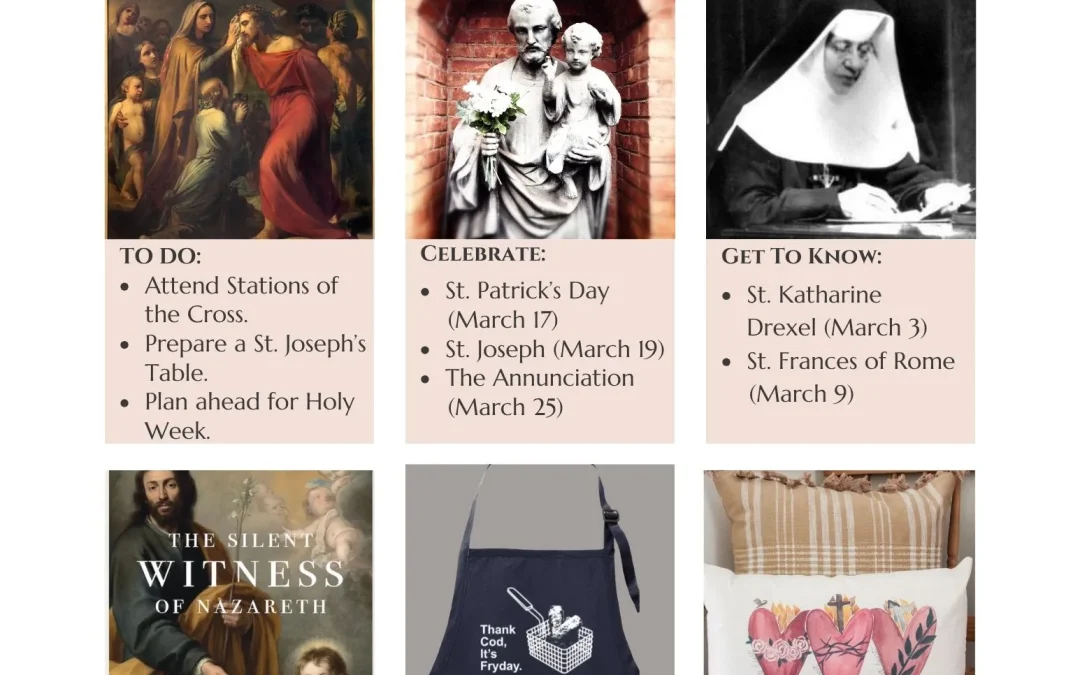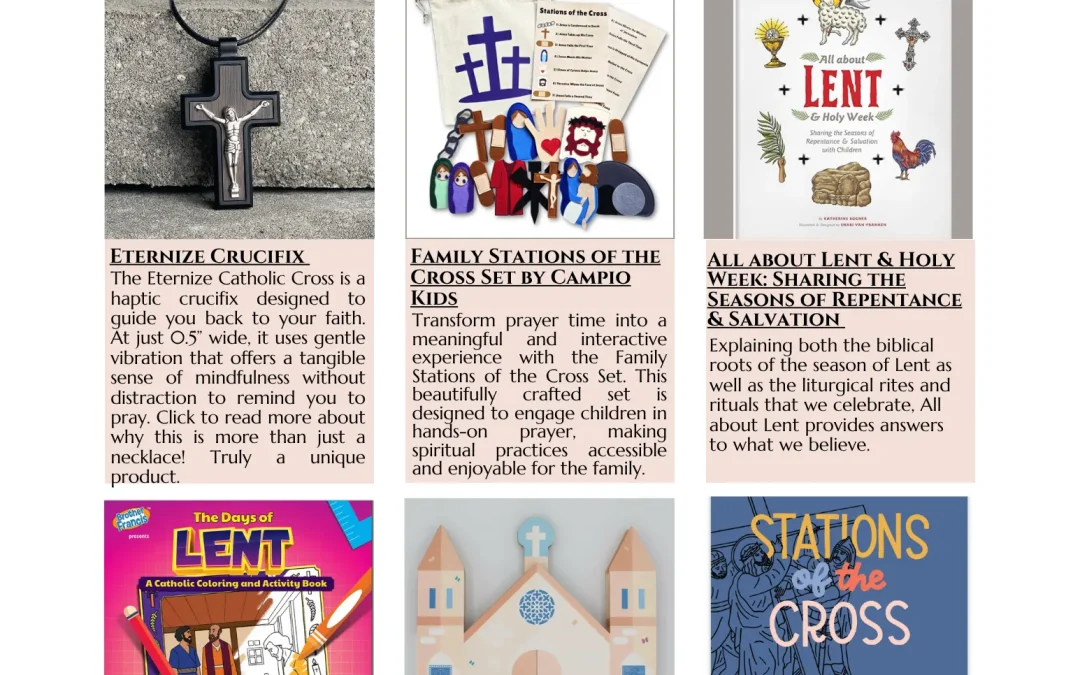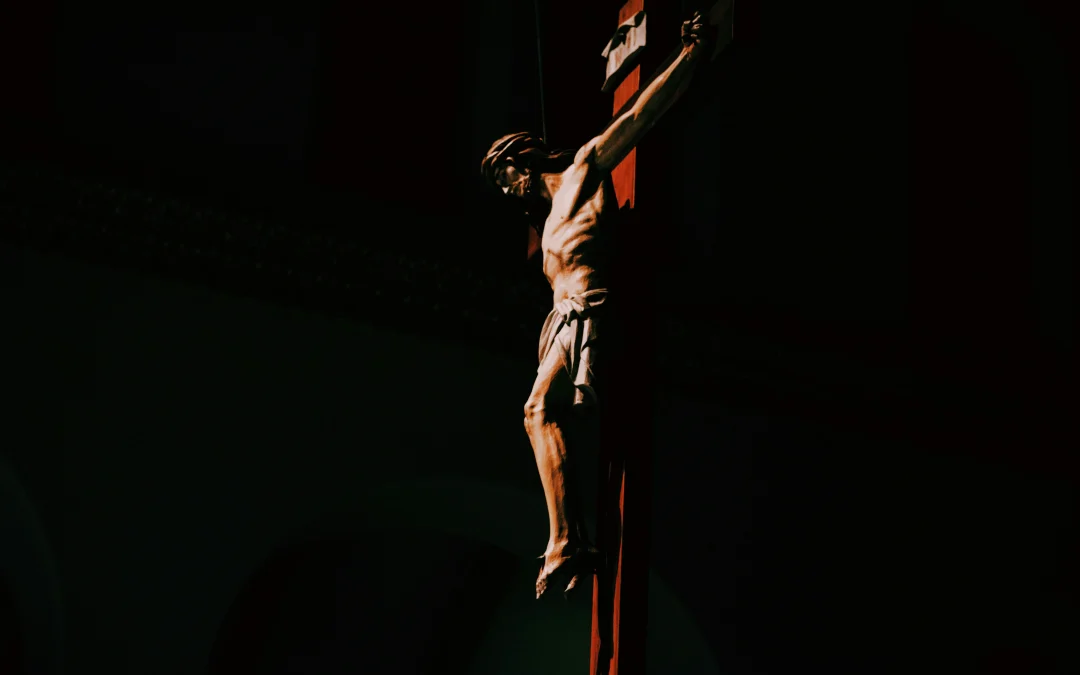Chicago. Autumn of 2025.
The air turns crisp as September surrenders to October’s embrace, leaves ablaze in reds and golds, whispering secrets of harvest and renewal. Baseball fever grips the heartland—the “October Classic” looms, where underdogs dare to dream and legends are forged under stadium lights. It’s a season of mystery and wonder, where a single swing can rewrite history, reminding us that faith in the unseen often precedes the miracle.
Growing up in the Midwest, amid endless cornfields and hardworking neighborhoods, one learns universal lessons: humility in the soil, grit in the grind, and the quiet conviction that building something worthwhile draws others in—like the iconic whisper from Field of Dreams: “If you build it, he will come.” My own uncles knew this well, suiting up for the Chicago White Sox farm system in bygone days, never cracking the majors but playing their positions with devout Catholic zeal. Rosaries before games, crosses tucked under jerseys—they saw the diamond as life’s metaphor: know your gifts, take the field, and trust the Divine Owner. And in Dyersville, Iowa, where that cinematic field stands amid the stalks, our family kin tilled the earth with the same faith, haunting me not with home runs, but with holiness woven into hustle.
How fitting, then, that a son of this Midwest—born Robert Francis Prevost in Chicago on September 14, 1955, raised in the south suburb of Dolton at St. Mary of the Assumption Parish—now leads the universal Church as Pope Leo XIV, the first American pontiff. From heartland roots springs a papacy calling business leaders not to chase fleeting metrics, but to build eternal fields: marketplaces sanctified, teams formed in virtue, and civilizations rooted in the Gospel. In the early months of his papacy, launched in Spring 2025, Leo XIV, young and bold, swings for eternity—reviving Castel Gandolfo’s summer tradition for restorative pause, addressing AI’s ethical frontiers, and engaging the marginalized through Milan charities—proclaiming that holiness isn’t a spectator sport; it’s the game itself, where dignity, discipline, and divine order turn ordinary work into Kingdom wonders. As the Manager under the Divine Owner, Leo calls the plays, urging leaders to step up with faith and build what lasts.
Legatus: Ambassadors for Christ in the Marketplace
Enter Legatus, the all-star lineup for this vision. Founded in 1987 by Domino’s Pizza magnate Tom Monaghan—a man who built an empire from dough and dreams—Legatus rallies over 90 chapters of Catholic CEOs, presidents, and entrepreneurs across North America and beyond. Their mission? To study, live, and spread the faith in every swing of professional life, transforming boardrooms into beacons of stewardship and evangelization. Through chapter huddles, summits, retreats, and fellowship, members step up to the plate as Christ’s ambassadors, leading not for box scores of profit alone, but for souls saved and societies sanctified.
To unpack Leo XIV’s views on business—echoing Catholic social teaching’s call to defend “human dignity, justice, and labor” amid AI’s “new industrial revolution” (Vatican News, 2025)—we turned to three Legatus MVPs. Their reflections, laced with charm and hard-won wisdom, resonate with Leo’s playbook as the Manager under the Divine Owner, weaving his emphases into a strategy for faithful enterprise: build the field with mission at heart, assemble the team through interior grit, and play for eternity’s pennant.
1. Mission Over Metrics: Rediscovering the True Bottom Line
Pope Leo XIV sets the tone: institutions must serve souls, not spreadsheets, as he declared in his inaugural address to cardinals, warning that artificial intelligence “raises new challenges for the defence of human dignity, justice and labour” (Vatican News, 2025). In his message to the Rome Conference on AI, he elaborated: “All of us are concerned for children and vulnerable people, who are most at risk from the misuse of these technologies” (Vatican News, 2025). This call to prioritize mission over metrics is the leadoff pitch for a new kind of leadership, aligning with the Catechism of the Catholic Church (CCC 1700), which teaches that “the dignity of the human person is rooted in his creation in the image and likeness of God.” Here, Leo XIV underscores that technological and institutional pursuits must elevate, not erode, this innate dignity, ensuring that metrics never eclipse the mission of fostering human flourishing under the Divine Owner’s plan.
Stephen Henley, Legatus International President since 2016—a Marine vet who patrolled Iraq’s Euphrates, Ave Maria University politics grad, and dad of six with wife Krista—steps to the mound with frontline insight. “We have a saying in Legatus,” Henley shares with a wry grin, “Better chapters, and more of them—in that order. When you’re running a membership organization, it’s easy to chase numbers. But numbers don’t have souls. People do. Our job is simply to be faithful in serving those individuals whom God brings our way—and if we are successful in doing that, then it’s only natural that the numbers will follow.”
Henley echoes Leo’s Gospel-first ethos as a curveball against stat-obsessed culture: profit blooms as fruit, not fixation. It’s like plowing corn for a diamond—build on mission, and the crowds (and grace) will come, just as the Manager calls under the Divine Owner’s vision.
Stretching Exercise: Review your company’s mission weekly, asking, “How does this serve souls?” Commit to one human-centered action, like mentoring a colleague.
2. Reform Begins with the Interior Life: Leadership Formed in Silence
Leo XIV, rooted in Augustinian spirituality, emphasizes silence as alignment with God before action, taking a six-week Castel Gandolfo vacation starting July 6, 2025, to “restore body and spirit” (Vatican News, 2025). During this retreat, he reflected in his Angelus address: “We cannot cheat death, only serve life to gain eternity” (Vatican News, 2025). And to religious communities: “Embrace the marvelous adventure of following Christ more closely” (Vatican News, 2025). This deliberate pause is his pre-game ritual, signaling that leadership starts with surrender to the Divine Owner, echoing CCC 2700-2724 on prayer as an encounter with God that forms the heart for mission.
Chris McMahon, Pittsburgh chapter stalwart and CEO of MFA Wealth (founded 1986) plus Aquinas Wealth Advisors, brings 30+ years of values-based investing flair. A Duquesne alum, Fox Business regular, author of Six Steps to Establishing a Catholic Financial Life, and 2024 Legatus Ambassador of the Year with wife Molly (parents of five), McMahon coaches from experience. “You can’t lead others until you’ve surrendered yourself,” he quips, tipping his cap to Leo’s retreat. “That time away wasn’t absence; it was alignment. Before issuing decrees, he stood still before the face of God. That’s formation.”
McMahon, starting meetings with prayer, channels Leo’s call for interior discipline—scheduling silence to forge a “clean heart” amid noise. It’s not retreat, but resistance, birthing vision like a farmer heeding whispers in the wind, aligned with the Manager’s playbook under the Divine Owner.
Stretching Exercise: Spend ten minutes daily in silent prayer, using the Examen to align your heart with God’s before work begins.
3. Truth Without Fear: When Clarity Becomes an Act of Charity
Leo XIV swings boldly at cultural falsehoods, urging in his AI ethics message that tech “must never forget human dignity” and protect the vulnerable (Vatican News, 2025). He warns: “AI raises troubling questions on its possible repercussions on humanity’s openness to truth and beauty, on our distinctive ability to grasp meaning and to make wise decisions” (Vatican News, 2025). His clarity with charity is the Manager’s call to deliver truth as a fastball of light, not a wild pitch, rooted in CCC 1700’s affirmation of human dignity as foundational to all moral action.
Mike McCartney, Toledo’s Genesis Chapter member and executive coach to Fortune 500s and family firms, rides in like his pro-rodeo past—Ohio State grad, 46 years wed to Molly, dad of seven, and Legatus summit speaker extraordinaire. “We CAN handle the truth,” McCartney booms with cowboy wit, echoing John 14:6. “Today, the ‘Truth’ is under attack and we, the faithful, must defend it—in charity. Don’t mistake bluntness for courage. Pope Leo shows us how to speak hard truths with a father’s heart.”
In word-warped times, McCartney follows Leo’s lead, shunning cowardice or cruelty—truth as illuminating pitch, building trust on the field of culture as the Manager directs for the Divine Owner.
Stretching Exercise: Before tough conversations, pray, “Lord, let this truth heal,” and refine your words with a trusted colleague for charity.
4. Hierarchy is Not a Vice: Order as the Architecture of Mission
Leo XIV reclaims hierarchy as design, not oppression, with curial tweaks and accountability nods embodying subsidiarity, urging unity in his Pentecost vigil: “In a divided and troubled world, the Holy Spirit teaches us to walk together” (Vatican News, 2025). He affirms: “Be agents of communion, capable of breaking down the logic of division and polarization, of individualism and egocentrism” (Vatican News, 2025). The Manager sets the lineup for mission’s flourish under the Divine Owner, as CCC 1911-1912 explains subsidiarity: “a community of a higher order should not interfere in the internal life of a community of a lower order, depriving the latter of its functions, but rather should support it.”
Henley returns: “Hierarchy isn’t oppression; it’s design. If God is calling you to a position of leadership, shying away from your rightful role does no favors. When authority is exercised with both conviction and humility, only then will people have the willingness and clarity necessary to work as one and advance the greater mission.” In Legatus’ vocational league, he sees Leo’s order as team synergy—like a skipper’s lineup where positions click, and everyone plays as one.
Stretching Exercise: Weekly, affirm one team member’s role with a personal note and delegate a task to empower their gifts.
5. Workers Are Not Commodities: The Gospel of Labor
Leo XIV champions labor’s dignity, greenlighting a vast solar farm for Vatican carbon-neutrality and engaging the poor through Milan charities, listening over lecturing (Vatican News, 2025). He states: “Everyone has equal human dignity and will receive the same ‘reward’ when they open themselves up to God’s generosity” (Vatican News, 2025). And in choosing his name: honoring Pope Leo XIII’s legacy on workers’ rights (Vatican News, 2025). The Manager fields a roster where every player bears God’s image, per CCC 2427: “Human work proceeds directly from persons created in the image of God and called to prolong the work of creation by subduing the earth.”
McMahon reflects: “Leadership is stewardship. He didn’t go to lecture. He went to listen. That’s what shepherds do.” Honoring Leo XIII’s legacy, he probes: “Treating labor as cost or contribution? Forming souls or filling slots?” It’s dignifying wages and ethics—fielding a team where every player thrives, not traded like stats, per the Manager’s call for the Divine Owner.
Stretching Exercise: Monthly, survey your team anonymously on workplace respect and act on one insight, like offering family-friendly hours.
6. Culture is a Battleground: Apostles in the Agora
Leo XIV rallies entrepreneurs to shape culture, defending good, true, and beautiful against attack, knowing Christ’s victory is sure. He urges: “Nothing that comes from man and his creativity should be used to undermine the dignity of others. Our mission—your mission—is to nurture a culture of Christian humanism” (Vatican News, 2025). The Manager calls for apostles in the marketplace’s Areopagus, proclaiming faith through action for the Divine Owner, in line with CCC 1676’s call for pastoral discernment in culture to “uncover there the seeds of the Word.”
McCartney proclaims: “We were born for this!”—St. Joan of Arc style. “Truth is under attack because all things good, beautiful and true are from God… The enemy thrives on silence.” Following Leo, he urges Gospel through products and pacts—a high-stakes game where faith turns the tide in boardroom battles.
Stretching Exercise: Weekly, prayerfully review a cultural news item with moral weight, crafting a brief, truth-in-love response to share with a colleague or on social media, seeding the Gospel in the public square.
7. Eternity is the Ultimate KPI: Leading with the End in Mind
Leo XIV, drafting his first encyclical at Castel Gandolfo, points to eternity’s scorecard, aligning every act with salvation’s arc (Vatican News, 2025). He teaches: “We cannot cheat death, only serve life to gain eternity” (Vatican News, 2025), and “The practice of worship does not automatically lead to being compassionate” (Vatican News, 2025). The Manager’s ultimate stat is souls home for the Divine Owner, as CCC 1022 affirms: “Each man receives his eternal retribution in his immortal soul at the very moment of his death, in a particular judgment that refers his life to Christ.”
Henley closes with Monaghan’s motto: “Get to heaven and take as many with me. This world’s a flash; eternity’s the long game. If we lead with the end in mind, then God turns small yeses to grace. Soul-bankrupt org charts fail; soul-home yeses heaven applauds.” Like the field drawing ghosts home, business measured by redemption’s roar wins the Owner’s nod.
Stretching Exercise: Print and post “What eternal difference will this make?” on your desk to remind yourself and inspire visitors daily.
Conclusion: Building What Lasts
Pope Leo XIV, the Manager under the Divine Owner, beckons no sidelines—transfigure the marketplace with light. Legatus aces like Henley, McMahon, and McCartney, ever-willing, let faith foul off fears, homer holiness. As the Eucharist remains the source and summit (CCC 1324), one powerful tool to take the field daily is the Live IT Today reflection at LiveITToday.us, a free, simple, Gospel-based practice that draws a key theme from each day’s readings, offering a declaration, deeper dive, and practical questions focused on family and home—the cornerstone of civilization. Through this, leaders cultivate emotional intelligence, presence, and love, awakening hearts to build not just companies, but Kingdom glory.
In Dolton’s 1965 church hush, a boy glimpsed work’s worship. Today, Leo XIV’s young papacy echoes: Build it—with dignity, discipline, divine swing—and they will come. Not to cornfield ghosts, but eternal communion. Faith’s blueprint awaits. Play ball.
About Legatus
Founded in 1987 by Tom Monaghan, Legatus networks Catholic business leaders to fuse faith with vocation. Chapters spark formation, fellowship, mission via summits and retreats—crafting Christ-centered leaders for integrity and impact. legatus.org.











